
Foto: Reuters
Serbian President Aleksandar Vučić no longer has the support of the West as he once did, Daniel Serwer, a professor at Johns Hopkins University in the US, told RFE/RL.
“He has turned too obviously to Moscow and Beijing,” he said.
The American expert on the Balkans rejects Vučić’s claims that the months-long anti-government protests in Serbia, led by students, are an attempt at a “color revolution” organized from outside the country.
“Vučić has no one to blame but himself,” Sever said.
In his commentary on the Russian Foreign Ministry’s statement on the protests in Serbia, Serwer also said that Moscow would pressure Vučić to suppress the protests.
“With Vučić and the Russians, there is always a risk of escalation or distraction due to another destabilising incident in Kosovo,” he replied when asked if there was a risk of escalation and an impact on regional stability.
Serwer sees the protests in Serbia as “a sincere sign of popular dissatisfaction with the government’s work,” but says that the protesters do not seem to have created a clear political alternative. He says that Washington and Brussels are not particularly interested in the protests in Serbia, which were triggered by the collapse of a concrete canopy at the Novi Sad railway station, which protesters blame on corruption and poor-quality renovation of the station.
Serwer also explains the prevailing silence of European officials on the protests in Serbia, which are also demanding early parliamentary elections, with fear of the alternative.
“Most of what the protesters want is in line with EU membership.”
RFE/RL: How do you view the protests in Serbia? How would you describe what is currently happening in the country?
Serwer: I see the protests as a sincere sign of popular dissatisfaction with the work of the authorities, especially when it comes to corruption and environmental protection.
RFE/RL: When it comes to the response of the international community, officials seem to be much more reserved than the media. Why is that?
Serwer: No one is particularly interested in this. Washington and Brussels have other priorities.
RFE/RL: Among citizens demanding change, there is a sense of silence, with a few exceptions, mainly from the EU. Could this lead to a further decline in support for Serbia’s EU membership?
Serwer: Honestly, I don’t know. It seems to me that most of what the protesters want is in line with EU membership.
“The West is partly afraid of the alternative”
RFE/RL: Does Serbian President Aleksandar Vučić still enjoy the support of the West and the EU?
Serwer: Not like before. He has turned too obviously to Moscow and Beijing.
RFE/RL: But the West and the EU have not distanced themselves from Vučić or expressed support for the civil protests, as has happened in some other European countries?
Serwer: Partly they are concerned about other things. Partly they fear the alternative. Partly they think the protests will fail. And I suppose some of them want to protect their interests in lithium or other investments, as well as ammunition for Ukraine.
RFE/RL: How do you interpret Vučić’s rhetoric, given that he calls the protests “terrorism” and a “color revolution”?
Serwer: He is desperate and returning to his autocratic roots.
RFE/RL: Vučić claims that the protests were organized from outside. Is there any truth to these accusations, and who could this external factor be, given that he has relatively good relations with the European Commission, the main forces of the EU, the Trump administration, as well as Russia and China?
Serwer: The US has shut down its institutions for promoting democracy. Europeans outside the accession process are doing very little for democracy in the Balkans. Vučić has no one to blame but himself.
“Vučić cannot be separated from Moscow and Beijing”
RFE/RL: Why does Vučić insist on the narrative of a “color revolution” and foreign orchestration? Is this rhetoric aimed at his voters?
Serwer: Yes, and he also repeats Russian propaganda messages. He is a master of propaganda.
RFE/RL: Is the EU afraid that by putting pressure on Vučić, it risks pushing him completely toward Russia, similar to how the Georgian government severed ties with Brussels after criticism?
Serwer: Of course. But Vučić can no longer be separated from Moscow and Beijing. He has clearly shown his preferences.
RFE/RL: Is there a danger that the protests will lead to the emergence of a right-wing option, and is the EU afraid of this?
Serwer: Yes, I think that is a possibility and that the EU is afraid of it.
“Moscow’s assessments are meaningless”
RFE/RL: How do you interpret the statement by the Russian Foreign Ministry, which claims that certain forces in Serbia, under the pretext of fighting for justice and democracy, are resorting to open aggression, barbarism, and violence?
Serwer: That’s nonsense. There is no aggression or barbarism, and what little violence there is comes mainly from the state security forces.
RFE/RL: Can Russia influence the course of events in Serbia, and if so, how?
Serwer: Of course. Moscow will pressure Vučić to suppress the protests and even use its infiltration of the security forces to cause instability.
RFE/RL: Is Washington interested in what is happening in Serbia?
Serwer: Not much. It seems that the forgery of the document (for the General Staff) has even cooled Trump’s interest in the construction project in Belgrade.
RFE/RL: Is there a risk that the protests in Serbia will be used as a platform for geopolitical games?
Serwer: Of course, geopolitical forces, especially Russia, may try to take advantage of the situation, but the discontent is real and based on the poor performance of the government.
“There is no clear political alternative”
RFE/RL: Can parallels be drawn with Belarus, in the sense that Alexander Lukashenko gradually escalated repression, which culminated after the 2020 presidential election? Could Vučić reach a point of no return, where a peaceful transfer of power after a possible election defeat is no longer possible?
Serwer: Are you sure we haven’t reached the point of no return?
RFE/RL: Is there a risk of further escalation, and how could that affect regional stability?
Serwer: With Vučić and the Russians, there is always a risk of escalation or distraction due to another destabilizing incident in Kosovo.
RFE/RL: Do the protests in Serbia have the potential to lead to political change, and do you see a possible successor to Vučić?
Serwer: It seems that the protesters have not created a clear political alternative. This is a problem if Vučić calls new elections, which they will have to win by a large margin because he cheats, dominates the media in the run-up to the elections, uses his privileges to buy votes, and transports voters wherever he needs them.
Serbia is now a semi-authoritarian state. It will not be easy for the opposition to win the elections.
RFE/RL: The protests in Serbia have entered their tenth month. Are they unique in any way, and can they be compared to any previous period or country?
Serwer: Serbia has experienced many protests—the anti-bureaucratic revolution, the Zajedno protests, the protests that brought down Milošević, the protests against LGBTQ+ people, the more recent protests against violence, and the environmental protests.
Each episode is unique and the results are very different. However, none of them have succeeded in putting Serbia on an irreversible path towards liberal democracy and EU membership./Rferl/

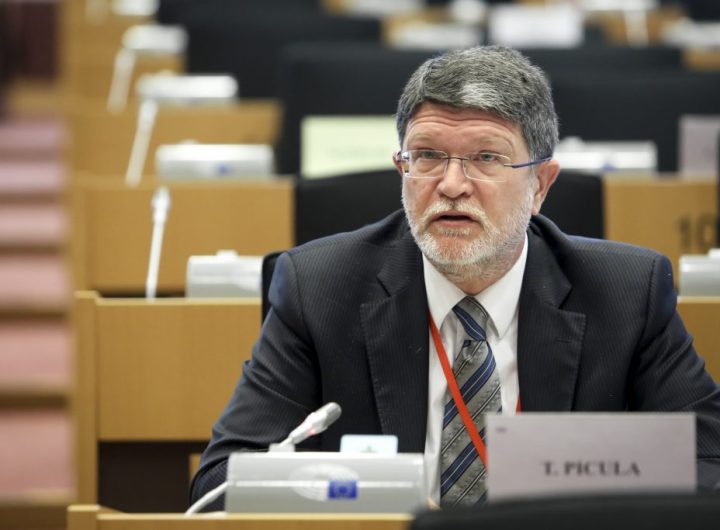 Picula: No EU membership for Serbia without recognizing Kosovo, arrest Radojcic
Picula: No EU membership for Serbia without recognizing Kosovo, arrest Radojcic 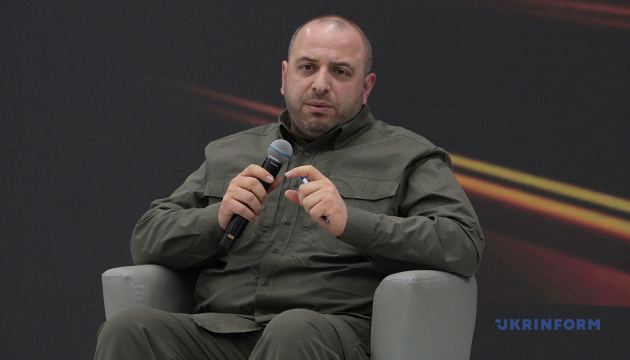 Ukraine, UK agree to joint production of interceptor drones
Ukraine, UK agree to joint production of interceptor drones 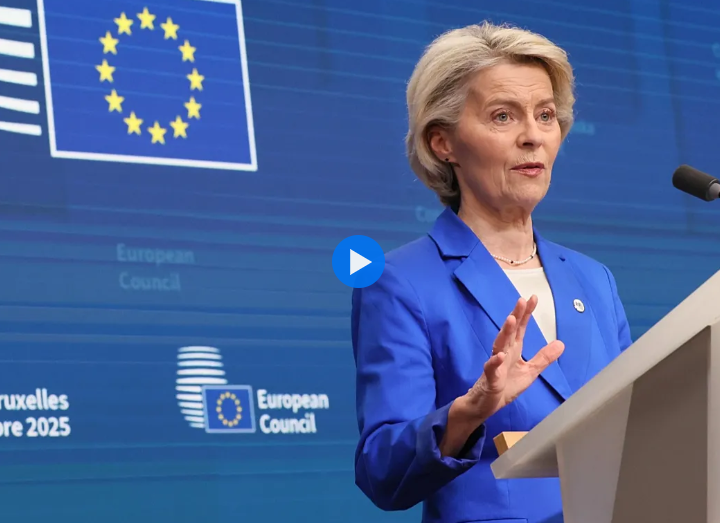 European Union seeks to end dependency on China for rare earths
European Union seeks to end dependency on China for rare earths  The “Flower of Srebrenica” monument unveiled in Vienna
The “Flower of Srebrenica” monument unveiled in Vienna 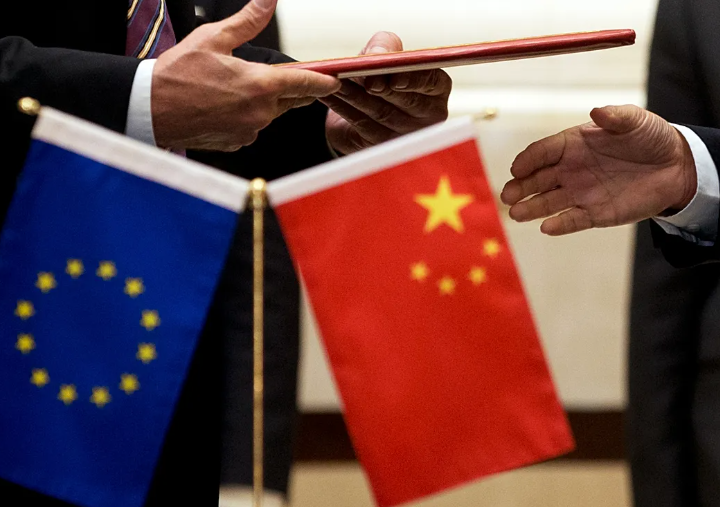 Tensions remain high as China and EU prepare Brussels meeting on rare earths
Tensions remain high as China and EU prepare Brussels meeting on rare earths 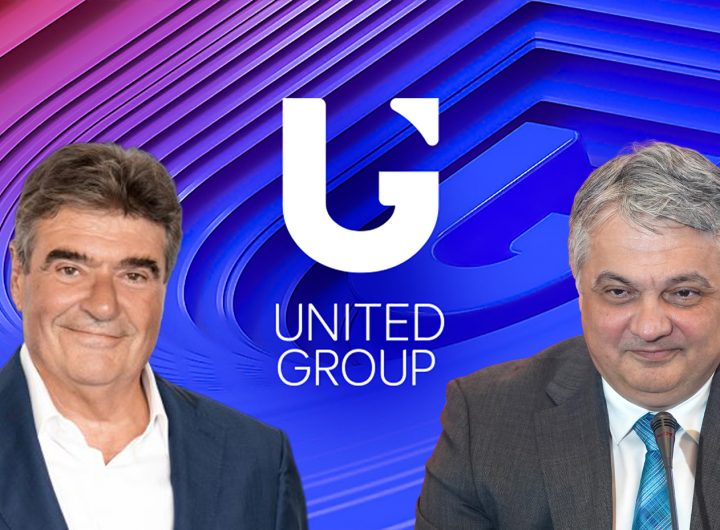 Two months after the release of the Lučić-Müller video: Criminal charges for trading in influence filed with TOK, but the case has no epilogue
Two months after the release of the Lučić-Müller video: Criminal charges for trading in influence filed with TOK, but the case has no epilogue